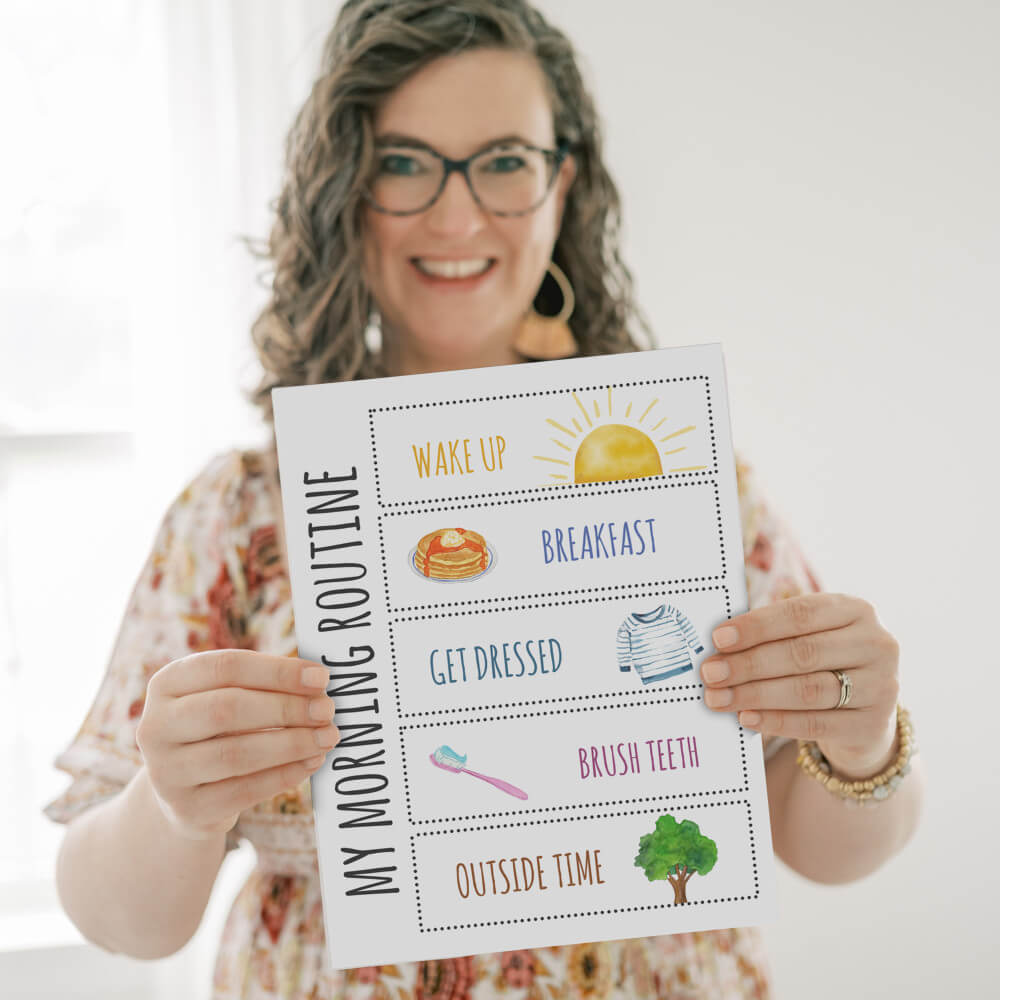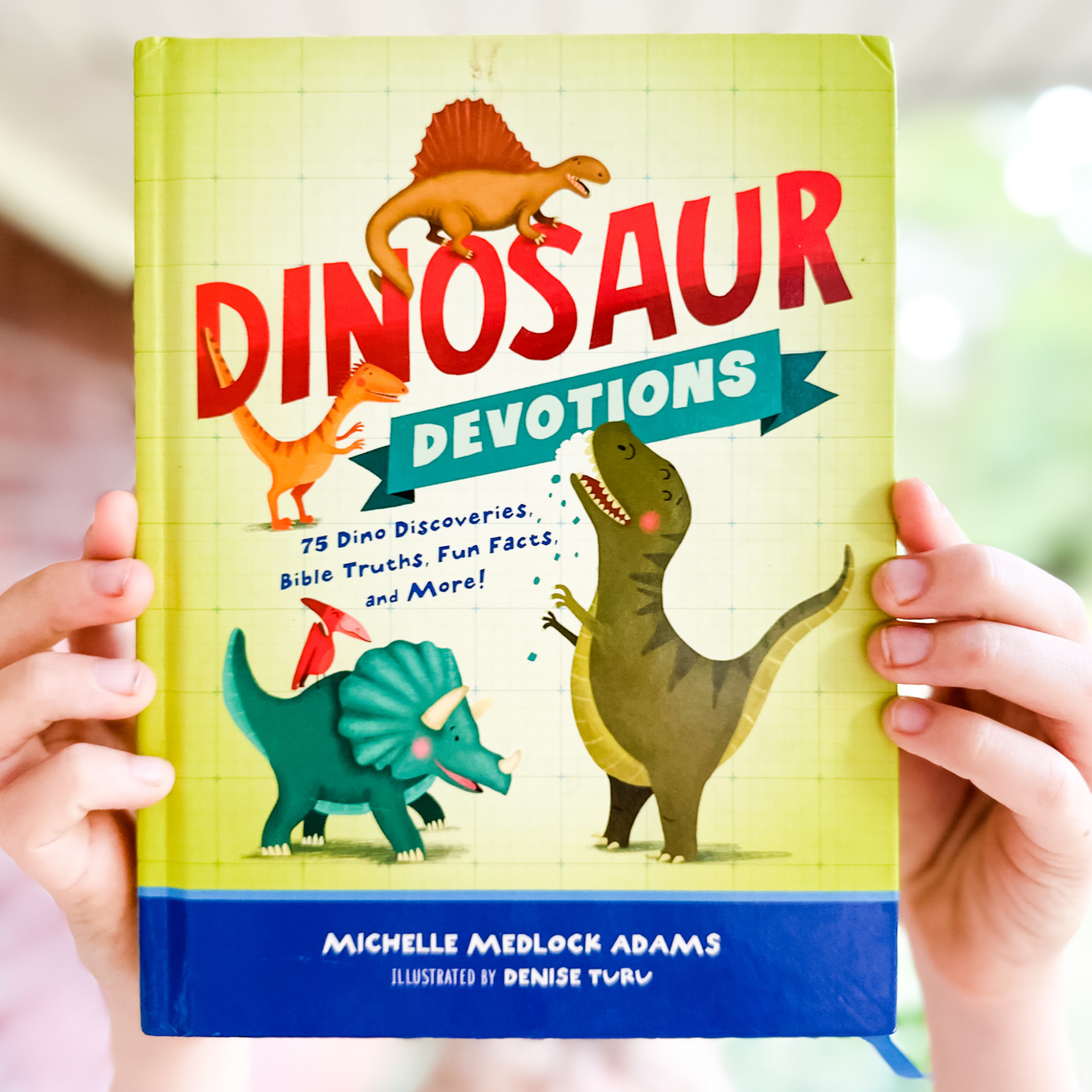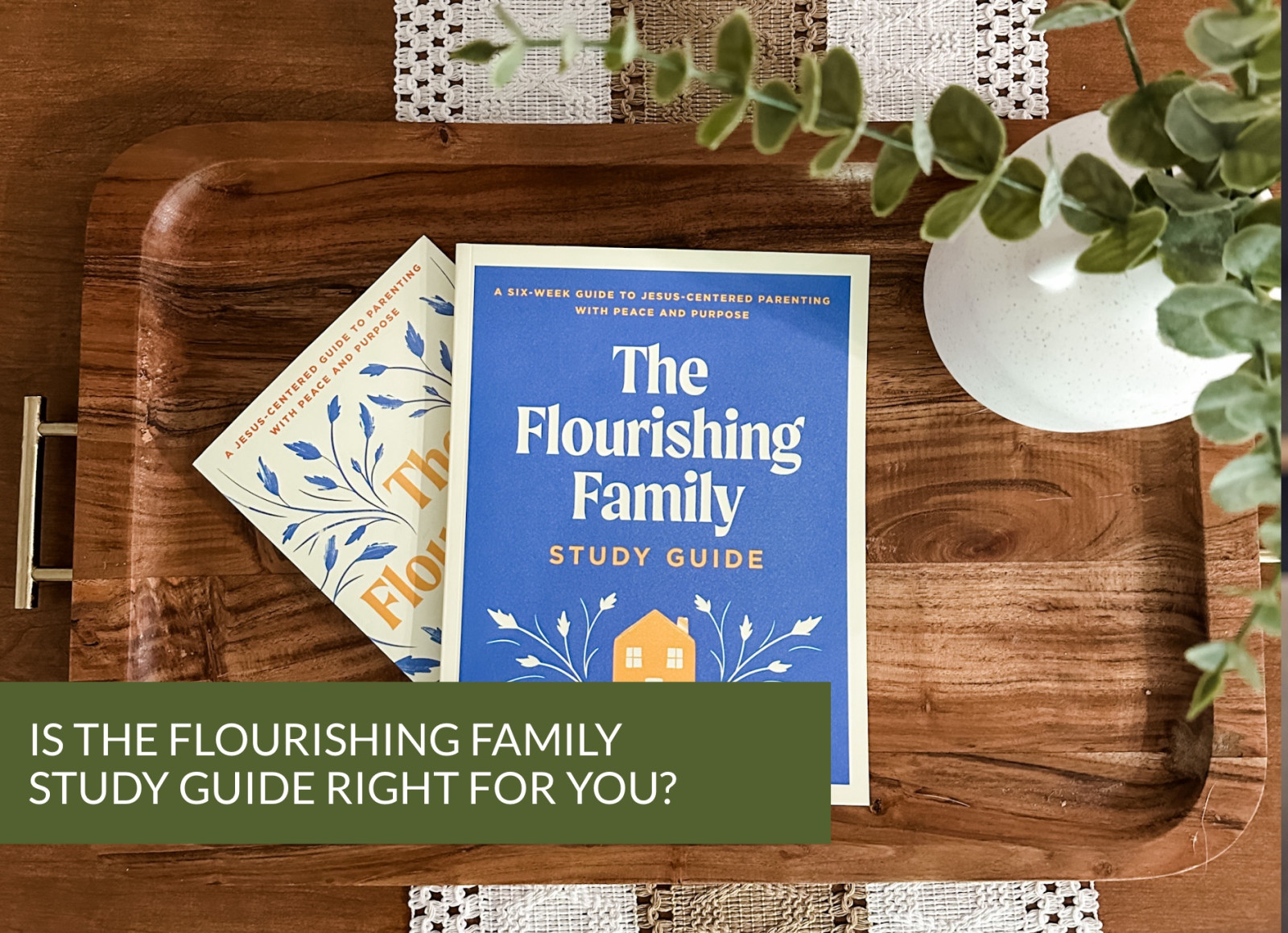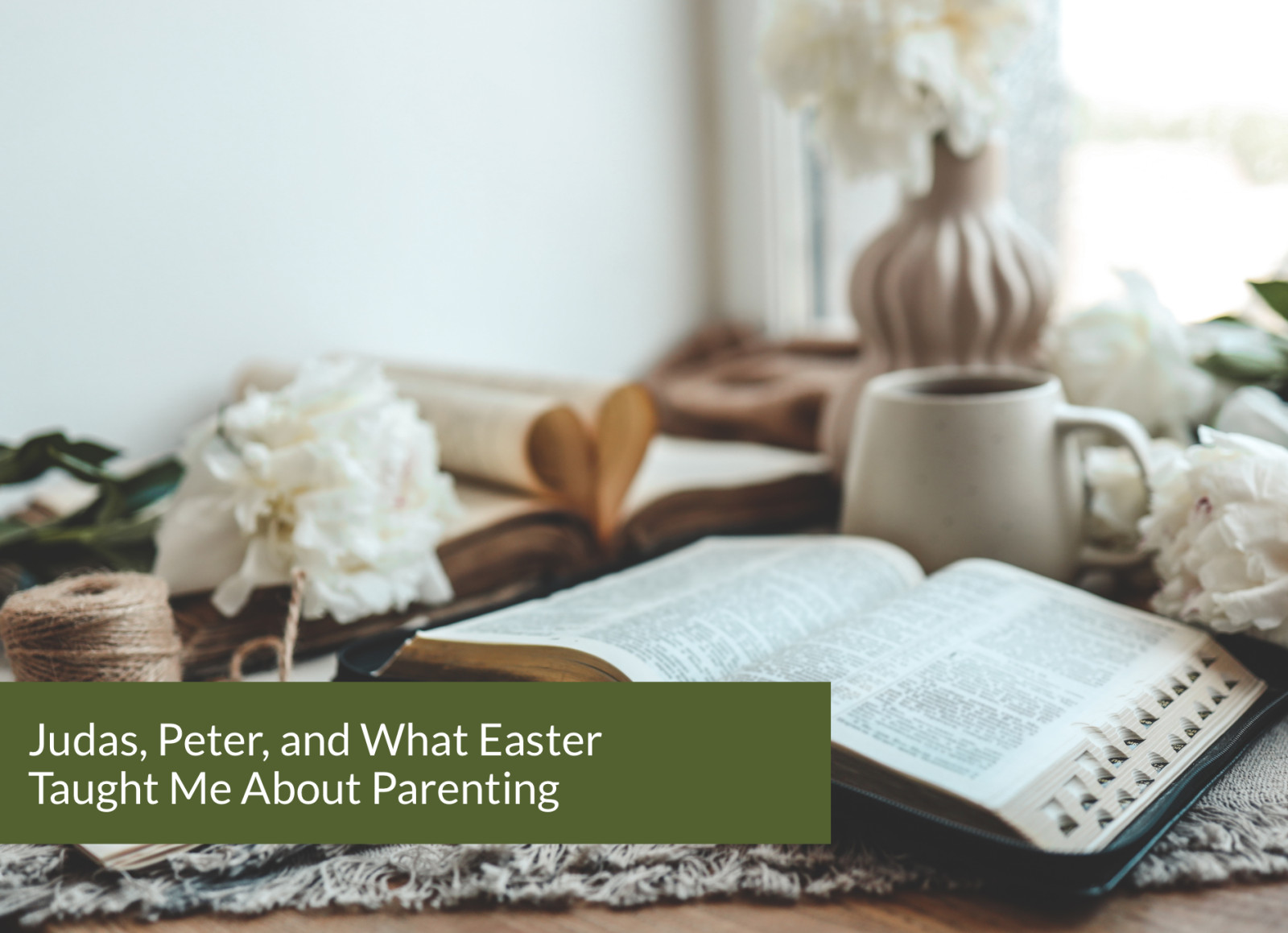Holidays are a pretty special time of year. They're special for so many reasons, and young children don't always understand those reasons. What they do understand is that things are quite out of the ordinary, and that can cause feelings of anxiousness, excitement, apprehension, and curiosity.
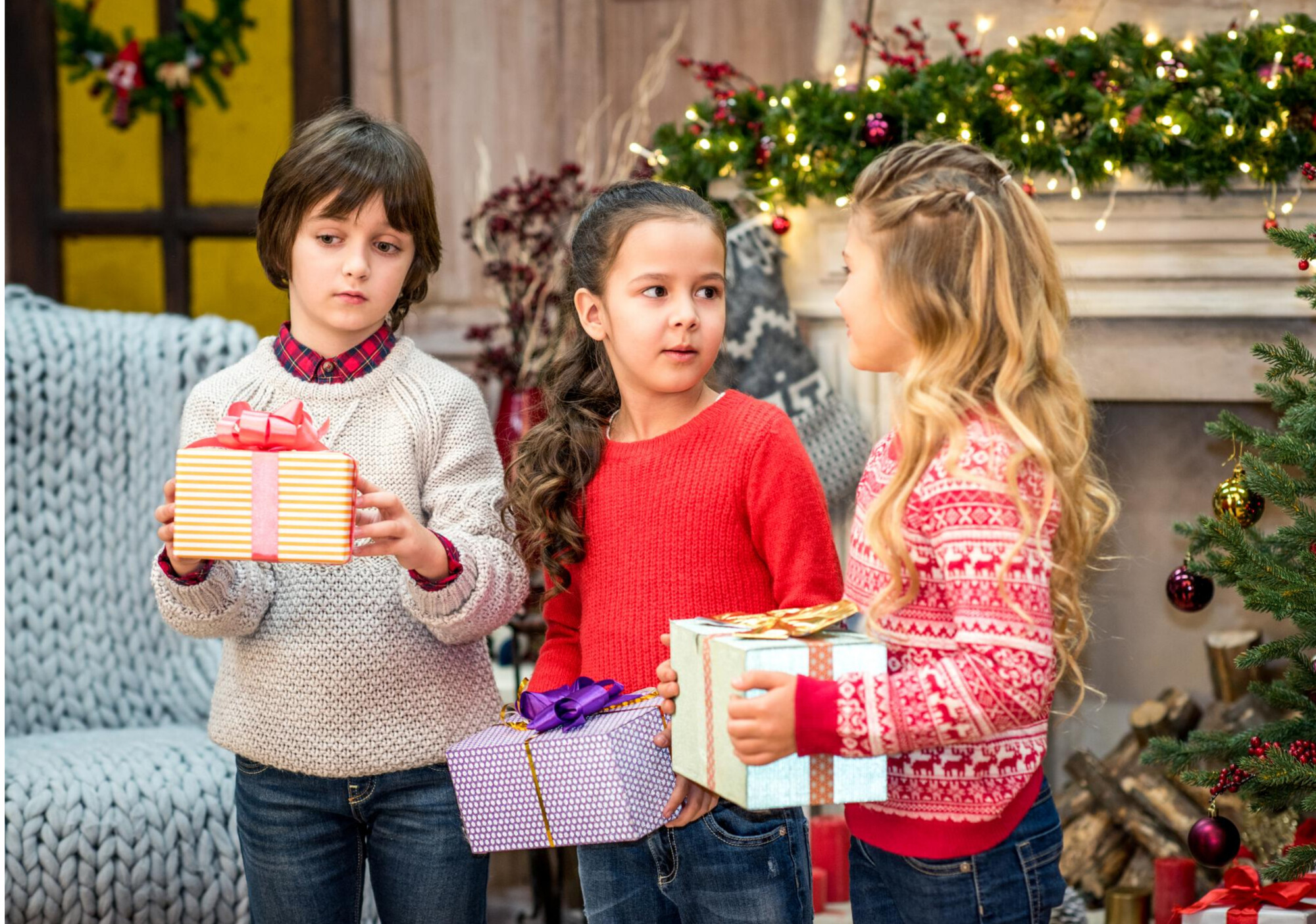
Setting our little ones up for a great holiday experience means that we need to prepare them for what to expect. Here are a few strategies to help prepare little ones for the holidays.
- Let them know the plan and what the day will look like. "Tomorrow is Thanksgiving Day! We're going to wake up and eat a special breakfast, then we're going to go to Gigi and Pop's house. You'll get to play and I bet Pop is going to want to swing you. After lunch, we'll come home for quiet time, and then after supper, we'll go look at Christmas lights!
- Empathize ahead of time. "You're going to see some family members we don't see very often. It's okay if you don't know what to say or if you don't feel like talking to them right away."
- Remember to use visual clues, not time-bound clues throughout the day. "We're going to eat cheesecake and then we're going to pick up toys, say goodbye, and go home."
- Have a plan for common issues. "There might be food you're not used to eating. It will be on your plate, and you can eat what you want. Your body will tell you what you need."
- Invite them to help plan and collaborate. "We're going to have a family Zoom call after lunch! Where do you think we should sit for our call? What toys or books do you want to share with Auntie?"
- Make all plans equal. Have multiple plans for a peaceful, successful day, keep your expectations age-appropriate, be flexible, and know that if your little one winds up not getting a nap, it will still work out.
- Keep perspective. Holidays are wonderful but stressful! Cultivate compassion, empathy, and understanding for your little one, yourself, and your family.
What would you add to the list? How are you prepping your kiddos for the holidays this year?
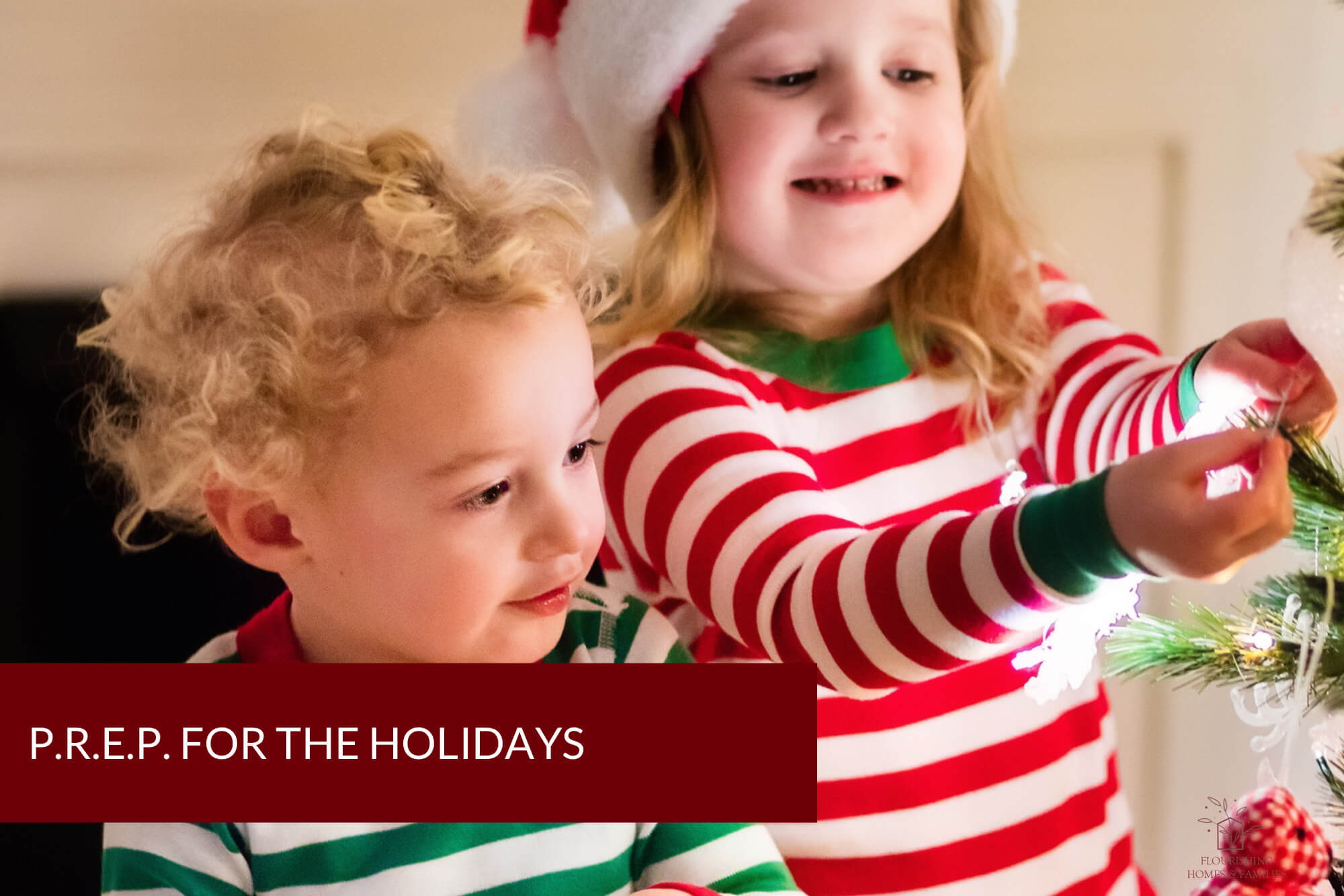
Holidays are a pretty special time of year. They're special for so many reasons, and young children don't always understand those reasons. What they do understand is that things are quite out of the ordinary, and that can cause feelings of anxiousness, excitement, apprehension, and curiosity.
Setting our little ones up for a great holiday experience means that we need to prepare them for what to expect. You can use the acronym P.R.E.P to help you know how to pepare your child for the next several weeks of extra excitement.
P = PREPARE
Leading up to the holiday season, prepare your child for what the next several weeks will look like. You may want to prepare them for:
- Schedules and routines that fall outside you family's normal. “We will be visiting Grandma and Grandpa and their supper time is usually a little bit later than ours. That’s okay, because we will have snacks if you get hungry before supper is ready.”
- Changes to how places look. (This is especially important for potential sensory overload.) “When we go to church tomorrow things might look a little different. There will probably be extra flowers and maybe a Christmas tree, and I just want you to know that it will look different.” or “When we go shopping there will be someone ringing a bell at the front doors. They’re collecting money for people who don’t have enough. The bell might seem really loud to you, it’s okay to cover your ears.”
- Family members and friends they aren’t very familiar with. “You’re going to get to see Aunt Brenda. Do you remember her? No? She loves you very much, and it’s okay if you’re not ready to talk to her or hug her right away. Sometimes it takes a little while to warm up to people. I will be with you.”
- New food. “Every year Grammy makes Swedish Meatballs for Christmas Eve dinner. We’ll make a plate for you and you’ll have a no-thank you bowl you can use. It’s okay if there's something you don't like.”
- Out of the ordinary events, such as Christmas cantatas at church, Christmas parties, and special family gatherings. "Tonight we are going to a candle light service at church. It will be darker and quieter than usual. We will take a fidget toy for you to play with quietly."
- Schedules for holiday celebrations. “After breakfast we will go to Grandma’s house. Once everyone gets there we will open presents, then we’ll eat lunch. After lunch you’ll have play time and then quiet time. If we need to come home for quiet time we can do that too.”
R =ROLE-PLAY
Use toys, pretend play, and role reversal to help prepare your child for big events and specific situations. Play is a great way to coach them on how to respond in tricky situations, and it allows them to practice so they can build skills and confidence. Some specific situations you may want to practice:
- Not liking holiday food
- Not wanting to give hugs or say goodbye
- If someone wants to play with their toys
- If they need alone time or quiet time
- Getting bored in the car
- Sitting through a play or pageant
- Connecting with long distance family virtually
- Taking turns
E =EXPLAIN
Using age-appropriate words and ideas, explain important traditions, family values, and details of how you celebrate. You may want to consider explaining:
- Why your family celebrates specific holidays
- Why family time or Friendsgiving is important to you
- Why you drive a long ways to see family even though car rides are boring
- Where important traditions came from
- Why you don't buy Christmas gifts for your child while they're shopping with you
- Why sitting through a quiet or different church service is important to your family
- Why you celebrate Jesus' birthday
These are conversations that are best had during moments of connection, and they should come across as normal conversation rather than “teaching” or lecturing. You may find yourself explaining these naturally in response to a tender and curious "Why?"
P =PLAN
Preparing your child for your "behavior response plan" helps them know that you will be steady and supportive even when they struggle. The good news is that this can reduce power struggles, and it reinforces attachment and connection. And bonus: there's something about knowing that your child knows what to expect from us that helps hold us accountable!
Here are a few ideas + scripts:
“If you get overwhelmed when everyone is opening presents, you and I can go to our snuggle spot to calm down, then go back to the presents when you’re ready. All of your presents will be there, and we all want you to be able to enjoy opening them.”
“If you don’t like Grandma’s food that’s totally okay. Everyone has different taste buds. We will take chicken nuggets and apples that you can eat if you don’t like any of the food you try.”
“Sometimes it is hard to leave Grandma's house. If it’s especially hard on Christmas day, you can try not saying goodbye.Goodbyes are hard! I will just carry you to the car.”
You don’t have to share your plan for every single scenario (and let’s face it, there’s a good chance your kiddo will present you with a situation you don't have a plan for!). Sharing your plan for you child ahead of time communicates compassion and empathy by normalizing strong emotions during high-stress situations and it builds confidence for you as a parent.
- Let them know the plan and what the day will look like. "Tomorrow is Thanksgiving Day! We're going to wake up and eat a special breakfast, then we're going to go meet Grandma and Grandpa at the park and have a picnic. You'll get to play and I bet Grandpa is going to want to swing you. After lunch we'll come home for quiet time, and then before bedtime we're going to go look at Christmas lights!"
- Empathize ahead of time. "You're going to see some family members we don't see very often. It's okay if you don't know what to say or if you don't feel like talking to them. Lots of people feel nervous to talk to new people."
- Remember to use visual clues, not time-bound clues throughout the day. "We're going to eat cheesecake and then we're going to pick up toys, say goodbye, and go home."
- Invite them to help plan and collaborate. "We're going to have a family Zoom call after lunch! Where do you think we should sit for our call? What toys or books do you want to share with Auntie Mac?"
- Make all plans equal. Have multiple plans for a peaceful, successful day, keep your expectations age-appropriate, be flexible, and know that if your little one winds up not getting a nap, it will still work out.
- Keep perspective. Holidays are wonderful, but stressful! There's a good chance even the adults in your family don't fully know what to expect! Cultivate compassion, empathy, and understanding for your little one, yourself, and your family.
Helpful Tool: Visual Routine for Kids
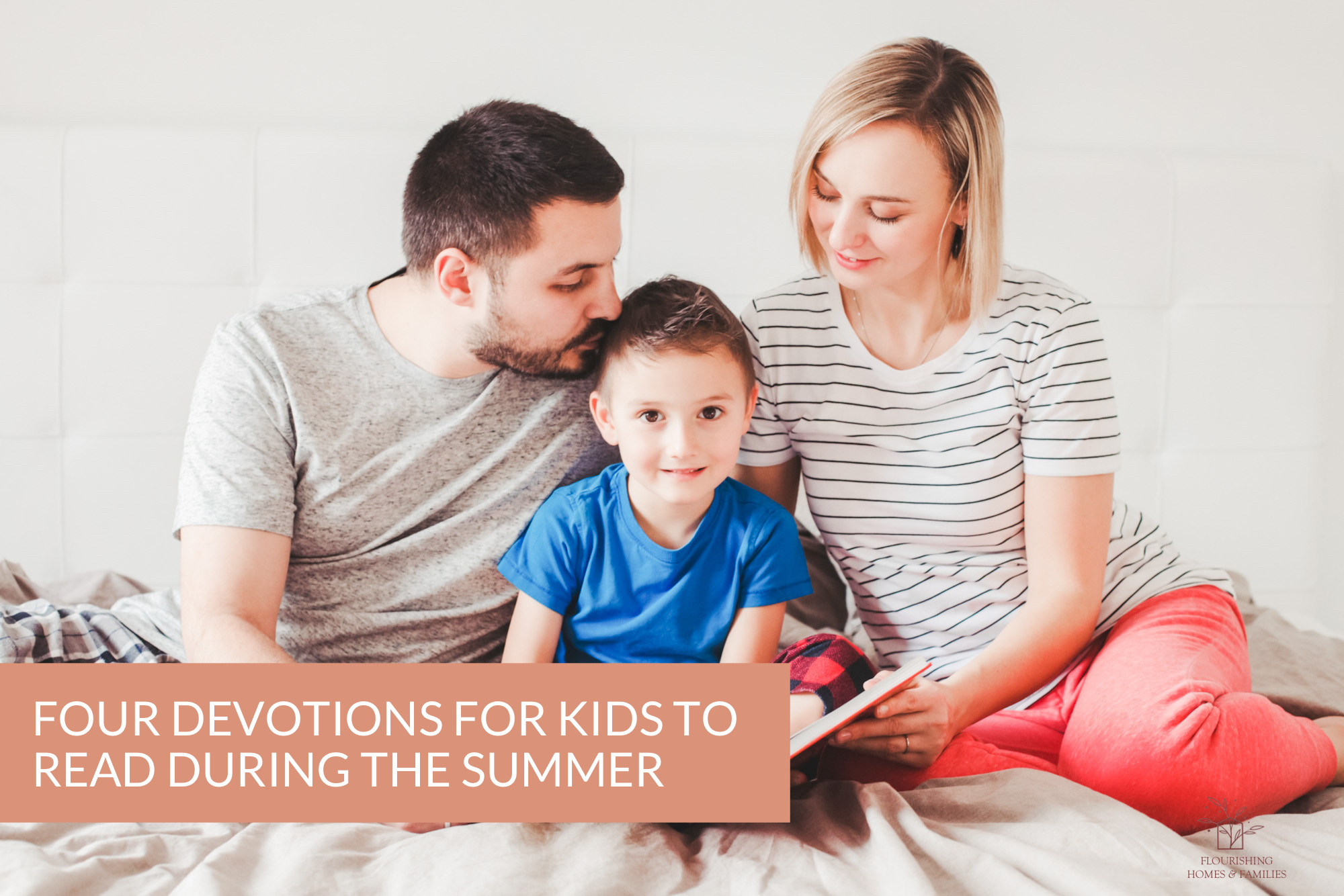
Family rhythms and rituals provide children with a sense of belonging, stability, and comfort. Rituals create special memories and traditions that can last a lifetime. We often think about creating rituals around holidays and birthdays, but summer is a great time to establish new family rituals that can be enjoyed year after year. Here are some ideas for summer rituals:
- Have a weekly family picnic: Pack a picnic basket with your family's favorite foods and head to a nearby park or beach. Make it a point to disconnect from technology and enjoy each other's company. Read: it's okay if you don't have a photo of every picnic!
- Plan a family game night: Set aside one night a week to play board games, card games, or video games together. This is a great way to bond and have fun as a family.
- Create a summer bucket list: Have each family member contribute to a list of activities they want to do over the summer. This can include things like going on a hike, visiting a new museum, or trying a new restaurant.
- Start a family book club: Choose a book to read as a family and discuss it over dinner or during a family book club meeting.
- Have a weekly movie night: Pick a movie to watch together as a family and make popcorn or other snacks.
- Read family devotions each night: Summer is the perfect time to start a new kid-friendly devotion. Try adding it to your bedtime routine, or as a mid-day family reset.
OUR FAVORITE KID DEVOTIONS
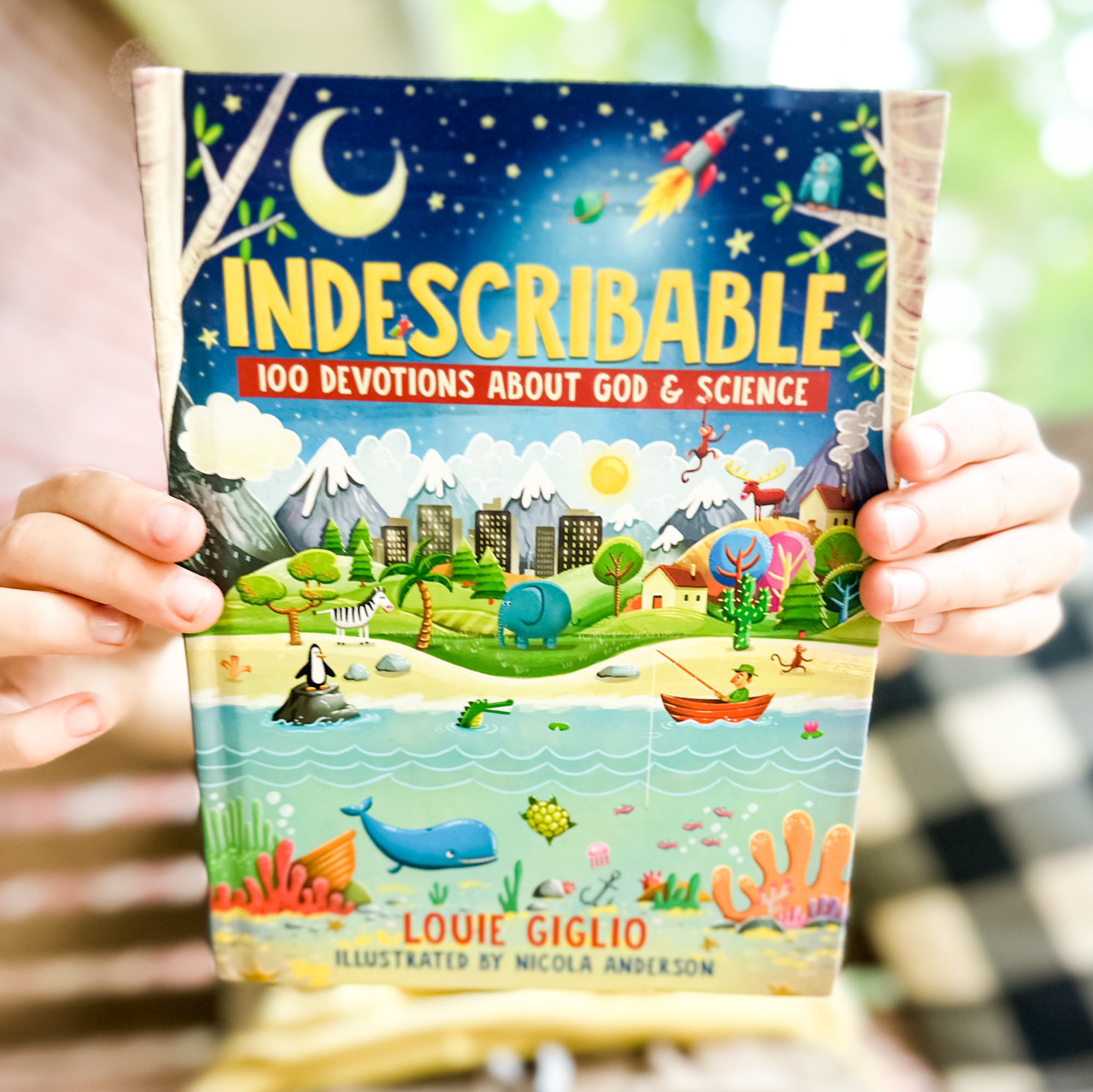 | |
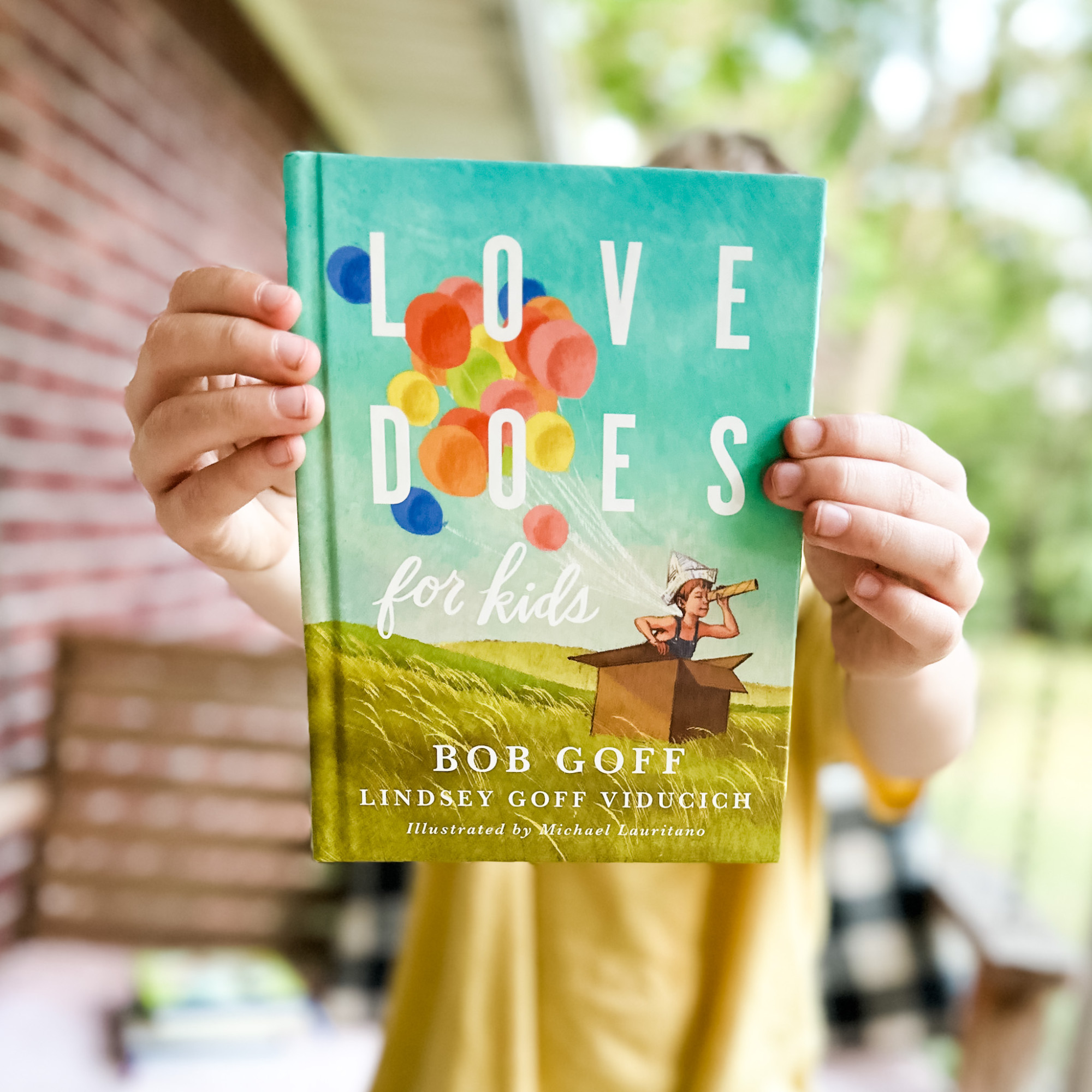 | 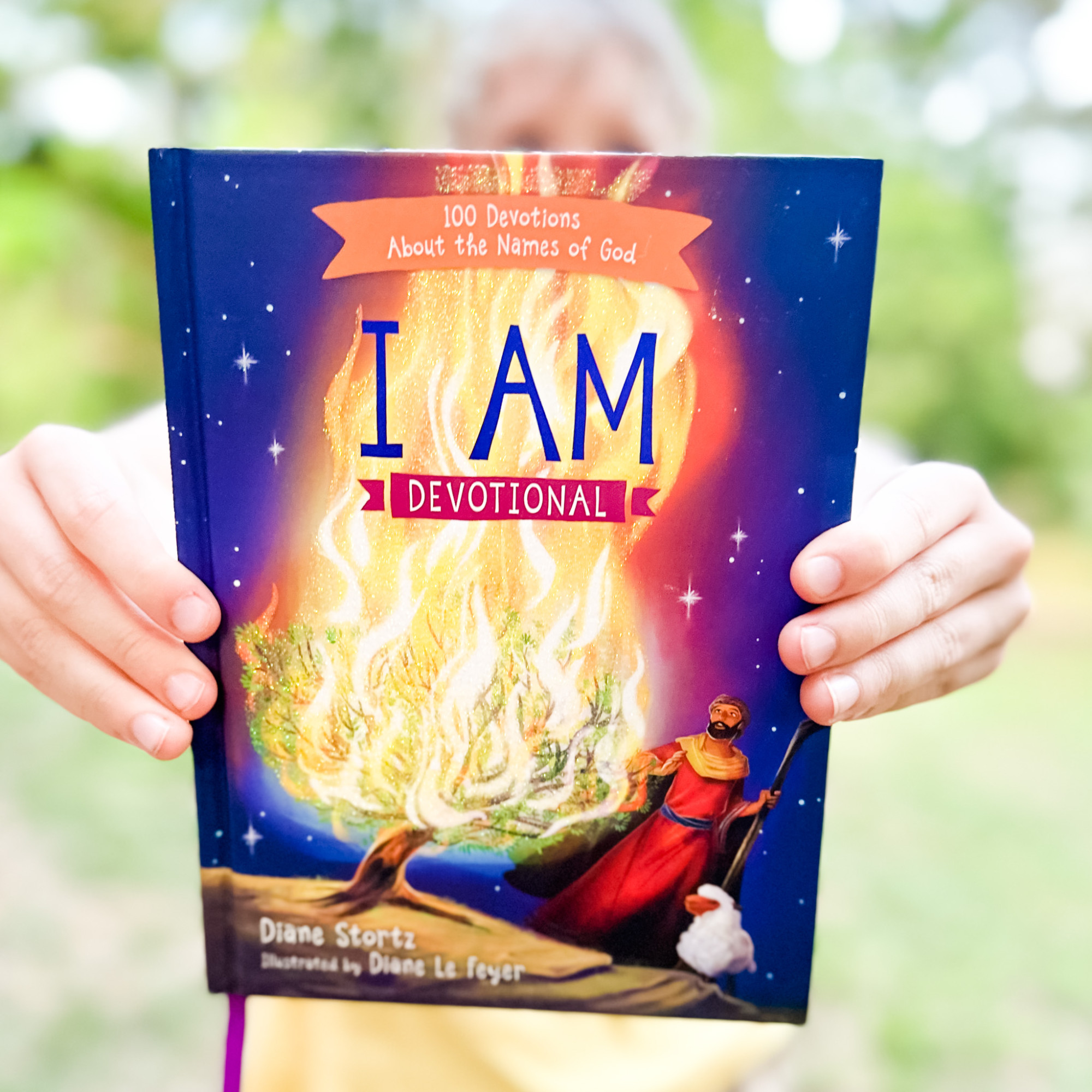 |
Family rituals are an important part of a child's upbringing. They provide a sense of stability, belonging, and comfort, and summer is a great time to establish new family rituals that can be enjoyed year after year!


